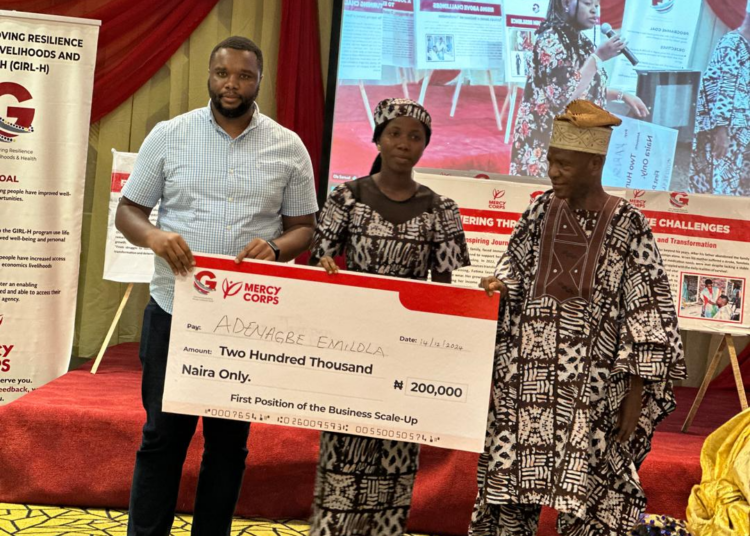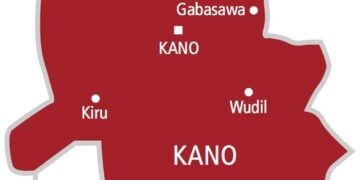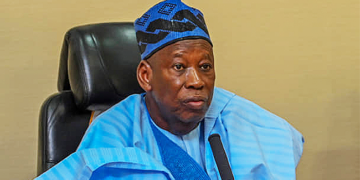The Girls Improving Resilience Through Livelihoods and Health (GIRL-H) 2.0 programme, spearheaded by Mercy Corps, has positively impacted over 12,000 adolescents across five local government areas (LGAs) in Lagos state.
Through this initiative, participants were equipped with critical life skills, financial literacy, and entrepreneurial knowledge, fostering resilience and empowering them to drive societal change. The programme culminated in a close-out ceremony, where 175 beneficiaries from Alimosho, Kosofe, Shomolu, Ojo, and Epe LGAs were celebrated for their exceptional progress in business development.
The Lagos state commissioner for Youth and Social Development, Mobolaji Abubakre Ogunlende, at the close-out ceremony, over the weekend in Lagos, lauded the programme’s transformative impact on families and communities. “The skills these young people have acquired are visible and life-changing. At a time when societal vices are prevalent, programmes like this inspire hope for a brighter future for Nigeria,” he said.
Winners in the business scale-up initiative received prizes ranging from ₦50,000 to ₦200,000 to reinvest in their enterprises. Ogunlende, who was represented by a director at the Ministry, Umar Rashidat Omoshola, urged recipients to prioritize reinvestment over fleeting indulgences. “This programme has not only provided skills but empowered many young people to become breadwinners and entrepreneurs. It is a ripple effect that will continue to benefit their communities,” he added.
Mercy Corps Nigeria country director, Ndubisi Anyanwu, described the programme as a milestone in empowering adolescents. Represented by Mercy Corps’ ethics and assurance director, Mr. Olukowajo Abidemi, Anyanwu highlighted the initiative’s lasting impact. “GIRL-H 2.0 represents a vision of a future where young people are empowered to take charge of their destinies, free from societal constraints. Through this programme, we have seen remarkable growth, resilience, and ingenuity among our youth,” he noted.
The GIRL-H 2.0 initiative integrated financial inclusion, social behavior change communication, and public-private partnerships to achieve sustainable outcomes. Participants gained essential skills in business development, financial literacy, and social resilience, enabling many to return to school, start businesses, and become role models within their communities. The programme also fostered gender equity and strengthened partnerships to ensure its benefits extend beyond its conclusion.






